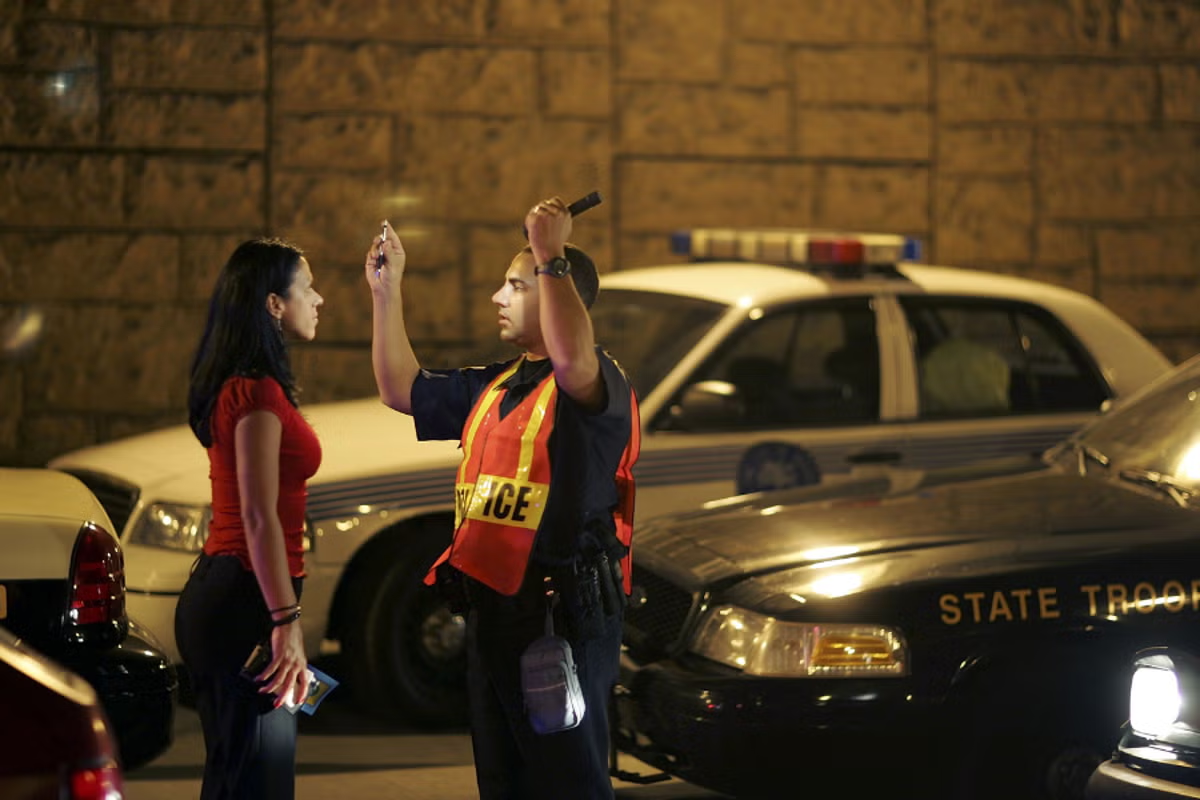WICHITA, Kan. — Late on the night of March 15 into the early hours of March 16, a nightmare unfolded in an apartment in Wichita’s Planeview neighborhood. Seven-year-old Davion Gunter was shot in the stomach during a playtime gone horribly wrong. Now, after a plea deal and months of legal wrangling, Tasha Diane Dillard has been sentenced to 37 months in prison for her role in his death.
Dillard, 25, entered a guilty plea in September to the reduced charges of involuntary manslaughter and aggravated child endangerment, after prosecutors dropped the original first-degree murder charge and several counts of child endangerment. The plea agreement spared her a trial and capped her legal exposure. Her sentencing, handed down on Thursday, confirms the seriousness with which the court viewed the tragedy.


The case is tragic and avoidable. According to court records and press reports, on that fateful night, multiple adults—including Dillard—stayed outside the apartment drinking while a group of children, aged roughly 1 to 9 years old, were left inside unsupervised. One of those children discovered a gun in Dillard’s purse, which had been placed on the kitchen counter. They then retreated to a bedroom to “play guns,” and that’s when the firearm discharged. The bullet struck Davion, and he was rushed to a hospital, but did not survive.
When police arrived at the 3700 block of East Ross Parkway, they found the distraught scene: Davion wounded, other children in shock, and multiple adults. Homicide investigators and the Exploited and Missing Children’s Unit quickly took over. Dillard was arrested soon after, and the children were placed in protective care.
At first, Dillard denied owning a gun or having one in the apartment. But in the investigation, police uncovered a social media video she had posted earlier that day showing her holding a firearm. The video was saved to her phone. An affidavit also revealed that one of her friends claimed she had recently obtained a gun just a few weeks prior.
Under her plea deal, Dillard avoided the heavier first-degree murder charge and multiple counts of aggravated endangering children. The court accepted the deal, and she will now serve her 37-month sentence under the custody of the Kansas Department of Corrections.
This case has resonated deeply with the Wichita community. Beyond the courtroom, it raises urgent questions about gun safety, responsibility, and how vulnerable children can be when left unsupervised—even for moments. The pain left behind is stark: a young life lost, and families shattered.




